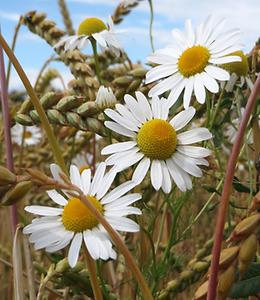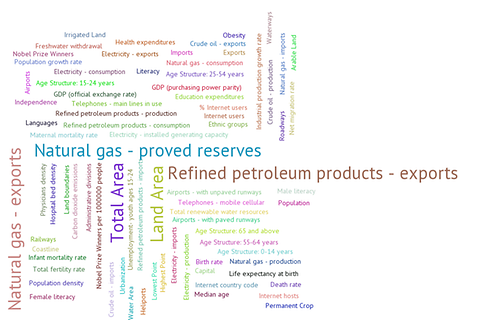Russia#
Following the partition of the Soviet Union in 1991, fourteen independent republics emerged from the USSR; as the largest, most populous, and most economically developed republic, the Russian SFSR reconstituted itself as the Russian Federation and is recognized as the continuing legal personality (the sole successor state) of the Soviet Union.
The Russian economy ranks as the tenth largest by nominal GDP and sixth largest by purchasing power parity in 2015.
Russia's extensive mineral and energy resources, the largest reserves in the world, have made it one of the largest producers of oil and natural gas globally.
The country is one of the five recognized nuclear weapons states and possesses the largest stockpile of weapons of mass destruction.
- Russia has largest boundary with Kazakhstan which is approximately 6846 km.
- Russia has shortest boundary with North Korea which is approximately 18 km.
- The largest river in Russia is Yenisei which is 5540 km.
- The largest export partner of Russia is Netherlands.
- The largest import partner of Russia is China.
Quick Overview#
- Click to see the enlarged view.
Surprising facts about Nobel Prize winners#
- Russia has 4 Nobel Prize Winners in 1958. (Counting winners if born in Russia)
- Vitaly L. Ginzburg is a Russia born Nobel Prize winner who got the Nobel Prize quite late, at the age of 87 years.
- Leonid Hurwicz is a Russia born Nobel Prize winner who got the Nobel Prize quite late, at the age of 90 years.
Tourist Attraction#
St. Basil's Cathedral in Moscow's Red Square has nine chapels, each with a unique dome.National Facts#
- The national bird of Russia is Tundra swan.
- Camomile is the national flower of Russia
- The national sport of Russia is Bandy.
- The famous dishes of Russia are Pelmeni, Shchi, Kasha,Pirogi, Pirozhki etc.

Foto source: PixaBay
References#
- Text marked as italic is taken from https://en.wikipedia.org/wiki/Russia unter CC
